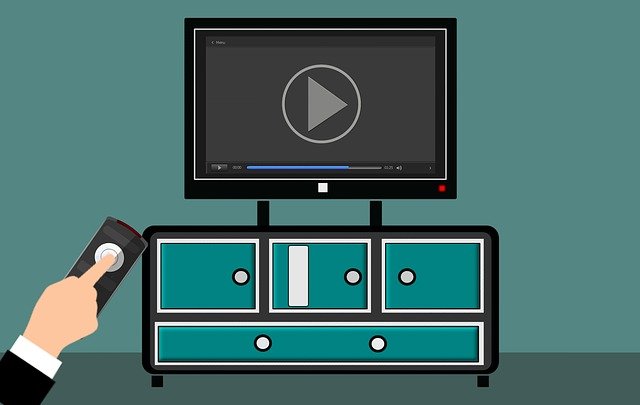I was working at Miami Veteran’s Hospital as an intern, wet behind the ears, newly minted physician… and trying to figure out the worlds of my patients.
Part of the medical history screens for alcohol abuse.
“How much do you drink?” I ask.
“Well, every day I buy a case of beer.” Suddenly his face changes to a very serious look. “But doc, I never drink the whole case.”
“Oh,” I say.
“No, doc, I never drink the whole thing,” he nods his head emphatically. Then he adds in an even more serious tone, “I save a 6-pack for the morning.”
On the outside, I’d like to say that I didn’t even blink. On the inside, my jaw dropped. I paused. I’m not sure what it looked like to him. Like I said, I was wet behind the ears.

We all think differently.
It struck me that day that people think different from me. He was quite happy about his moderation and self-control. “I never drink the whole case in one day.”
On the other hand, he did drink a full case of beer each day (if you count the morning 6-pack). “How many beers in a case?” I had to ask someone later that day. 24 beers! As far as quantity, he set off a flag.
He also started drinking in the morning (another flag). I had concern that he was drinking to keep the withdrawal away (another flag), but maybe he was just numbing himself with this addiction from whatever other pains (physical or psychological). He was quite pleasant. He was not here for alcohol abuse, just a regular check-up. He was functional. Maybe he just likes alcohol?
This world of veterans was a generation of difference, a whole different way of thinking from my own. As a doctor, I try to understand the motivations for bad habits. I work to help the patient understand their own motivations, and then help them move towards healthier habits. As a doctor, I quickly learned everyone thinks differently and needs different motivations.
This man had a completely different view of alcohol. I’ve told this as a joke to other doctors. We laugh at his blindness as to how much he drinks each day. I never drink a whole case a day.
Addiction

When I reflect on this man’s story, I wonder what little step am I proud of that has blinded me. Today, every time I say, “At least I don’t …. watch more than 2 episodes each night streaming on television.” I feel the pride in this little thing. I could have stayed up all night binging on the whole season of shows, but I didn’t. Perhaps it is false pride that covers my unconscious guilt and shame. Perhaps it is a game that I play with myself so I don’t stay up and binge on a whole season again. Or perhaps, I am better than him. At least it’s not alcohol. (Oh, there’s another flag.)
This man is an alcoholic by medical definition. We laugh at his ignorance, but… Is this man stupid? … No, this is a smart man. He just has a blind spot. He has survived a world war, raised a family, and made it into his 70’s. He has had great resilience. Maybe alcohol helped him get here. Maybe his self-medication (or just enjoyment of alcohol) has not yet impacted his health. Maybe he will be one of those that metabolize alcohol well and will not have chronic health problems. Maybe it is good that his self-imposed limit is 24 beers. Maybe this works for him. But maybe not. I must explore both sides.
The Lens of the Present
Today, as a storyteller, I often research historical stories or my own family history. I recognize the trap to judge the past through the lens of the present. The present moment is a necessary lens to realize how much the world has changed. However, in order to tell the story, I have to get inside of it. I have to get inside of the motivation of the characters and understand the times that they lived in. (Just like my patients.) In order to make sense of the story of the past, I need to return to the morals and motives of those long ago times.
The storyteller brings the listener into the past with empathy — in order to learn what it means to live in that story during that time period. Yet, the storyteller also contrasts the story with the present moment. The juxtaposition of the past and the present viewpoints can create a sense of compassion juxtaposed with shock. (Perhaps under those circumstances, I could have made similar choices. I might drink a case of beer and think nothing of it… but it’s still not healthy!)
Struggling with the Past
As a storyteller, rather than condemn the past from the lens of the present, I struggle to understand it and learn from it. Exploring the stories of the past, I struggle to understand how this present moment came to be like it is. I struggle to apply the wisdom of the past to create new choices in the present. I struggle to make the present moment and future moments better.
